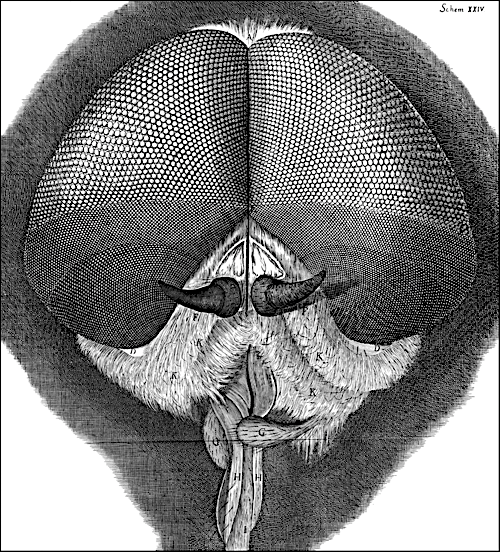
| ||||||||||
| Level 100 | ||||||||||
|
| ||||||||||
| Level 200 | ||||||||||
|
| ||||||||||
| Level 300 | ||||||||||
|
| ||||||||||
| Level 400 | ||||||||||
|
| ||||||||||
| Level 500 | ||||||||||
|
| ||||||||||
| Level 600 | ||||||||||
| ||||||||||
| History of Art | ||||||||||
| LS&A | ||||||||||
| University of Michigan | ||||||||||
| Back to the list of courses |
Special Topics in History of Art: Knowledge and Visuality in Early Modern Europe

Four of the nine prestigious Kavli prizes awarded in 2014 went to scientists focusing on techniques of visualization. The critical importance of visual technologies to scientific inquiry has long been recognized, but in the past few decades historians of art and of science have put visuality at the heart of a major rethinking of the foundations of modern scientific knowledge in the sixteenth and seventeenth centuries. Recent science studies have shifted focus from theory and idea-driven narratives of scientific "firsts" to accounts of the collaborative exchanges and material practices in which changing understandings of the natural world took shape. This work has underscored how pictorial and visual technologies functioned not simply as mimetic aids to communicating existing knowledge, but also as transformative and translational processes that actively participated in the production of knowledge itself. This course looks at the early modern study of nature through the lens of its visual forms—from painting, prints, drawings, and book illustrations to diagrams, maps, globes, charts, measuring instruments, and optical devices. How did the making and use of these artifacts uniquely integrate technical know-how, artisanal knowledge, and text-based learning in natural philosophy, medicine, cosmology, geography, and other (proto)scientific fields? How can we compare the ways people visualized knowledge in the overlapping worlds of the workshop, the collection, and scholar's study? Drawing on university collections, we will especially attend to the role of print media in enabling a greater degree of standardization and sharing of visual information, prompting new forms of visual argument, and generating debates on the authority and evidentiary status of images. In conjunction with our shared survey of canonical case studies, each participant will contribute new scholarship concerning what visual knowledge looked like and how it functioned during the strange and exciting emergence of so-called modern science in Europe.
Estimated Cost of Materials: $50-100.
Course Requirements: informed participation in weekly discussions, seminar presentations, written responses to weekly readings, and a research paper of 20-30 pages.
Intended Audience: graduate students in any field
Class Format: 3-hour weekly meetings, including possible meetings in campus collections
Textbooks/Other Materials: Weekly readings available in PDF on CTools.